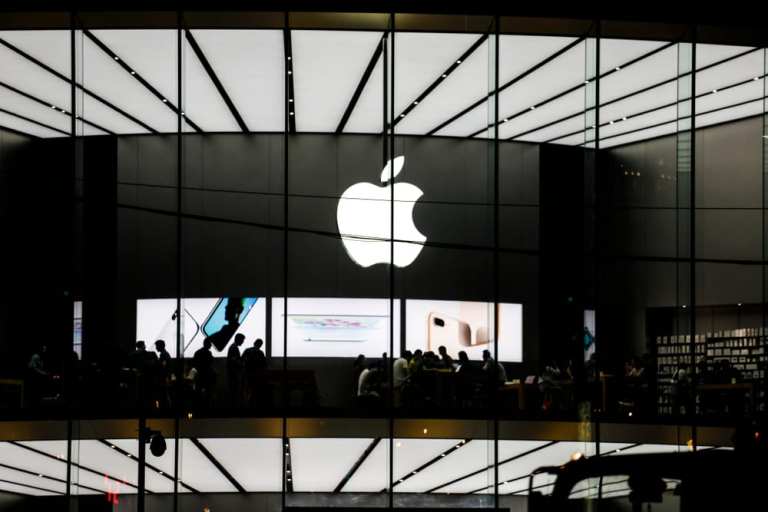US Judge: Apple Infringed On Patent, Should Face Import Ban

A U.S. judge ruled against Apple on Tuesday (March 26), and said the company infringed on one of chipmaker Qualcomm’s patents, according to reports.
The judge, MaryJoan McNamara of the U.S. International Trade Commission, recommended a ban on imports of iPhones that contain the offending technology, which is related to a power-saving feature.
The company was also not found to be in violation of two other patents in the case. The International Trade Commission has previously found there was no infringement.
The decision leads a pending final ruling in a different patent infringement case involving the two companies, which could potentially see certain iPhones also banned. The ban would only apply to phones made with the offending chips. The two companies are battling in courts over intellectual property all over the world.
A September ruling by a different judge also found Apple had infringed, but that judge said a ban wouldn’t be in the best interests of the public.
Because McNamara’s decision is provisional, the case is headed to the Commission for a final answer.
“We appreciate Judge McNamara’s recognition of Apple’s infringement of our hardware patent and that she will be recommending an import ban and cease and desist order,” said Don Rosenberg, Qualcomm general counsel.
Apple has also recently been expanding its services into other areas. On Monday (March 25), Apple – through payments service Apple Pay – announced the launch of the Apple Card. The company said users can sign up for the card through their iPhone, get approval through the device and begin using the card immediately. The card is stored in the company’s Wallet application, and can keep users informed of transactions and minimum payments due, while helping them track spending habits.
Beyond the virtual card, CNET reported, the company is also rolling out the Apple Card as a physical, titanium card, launched in partnership with Goldman Sachs and Mastercard (which will be responsible for payments processing).
In a Monday statement, Mastercard’s President of North America Craig Vosburg said the card is one for “our digital era,” and that at the core of the new Apple offering lies Mastercard’s token and M Chip technologies, which store the card on digital devices without exposing sensitive data. “Mastercard brought token services to Apple Pay in 2014, and late last year announced its strategy to enable token services on all cards by 2020,” according to the statement.